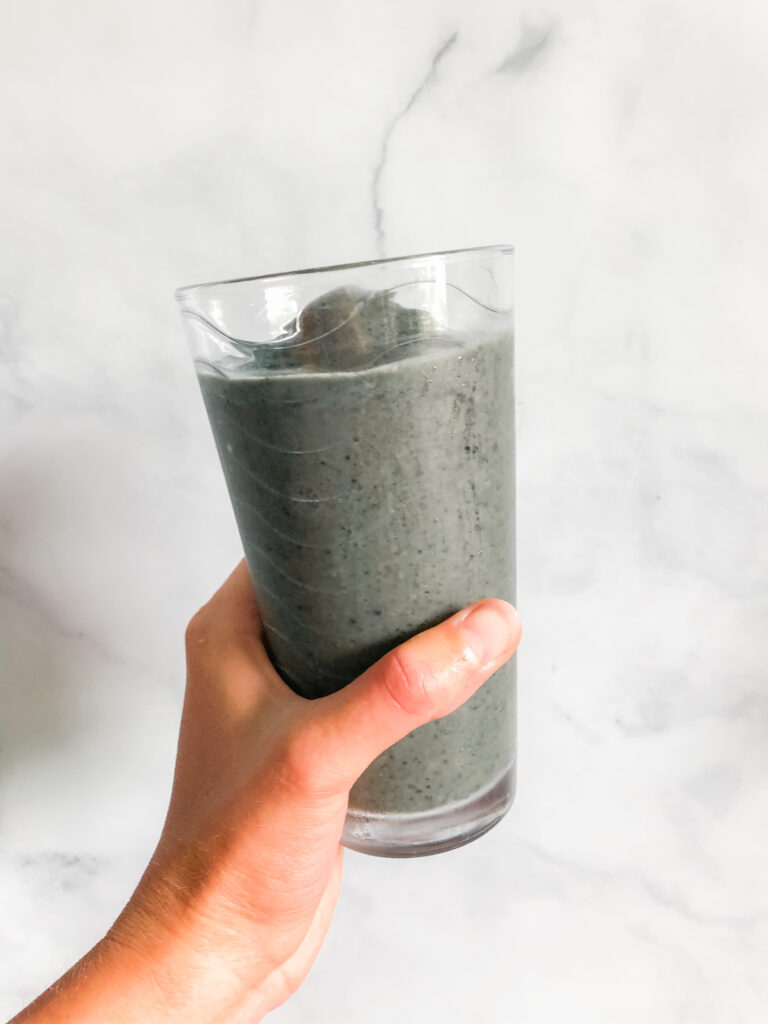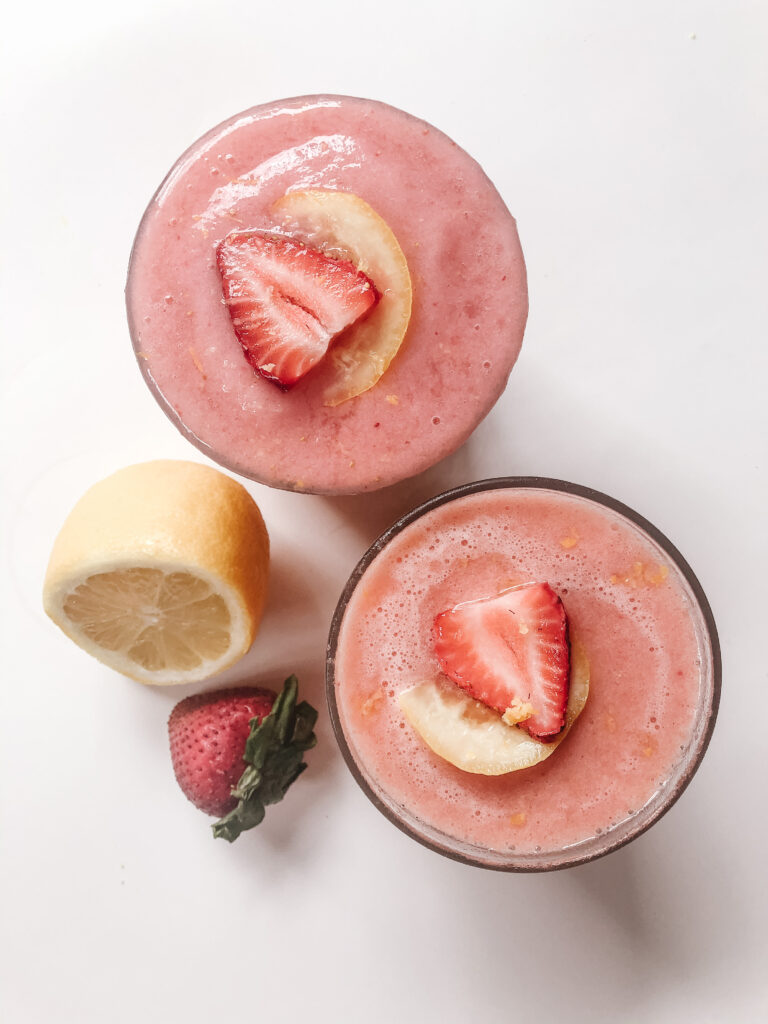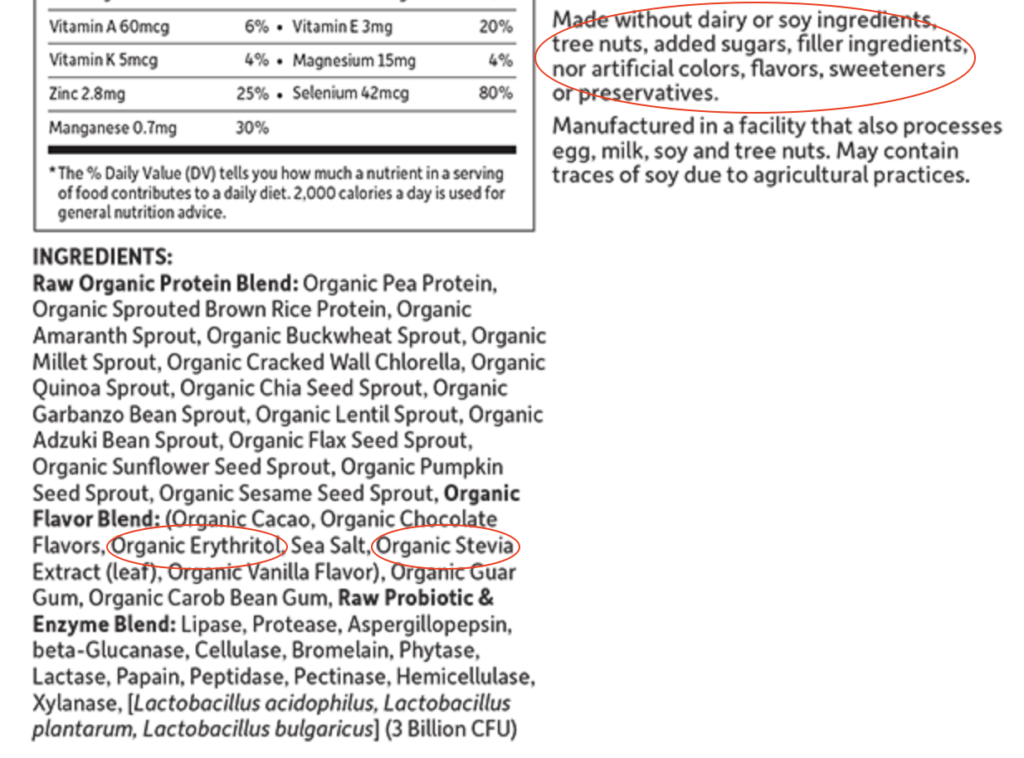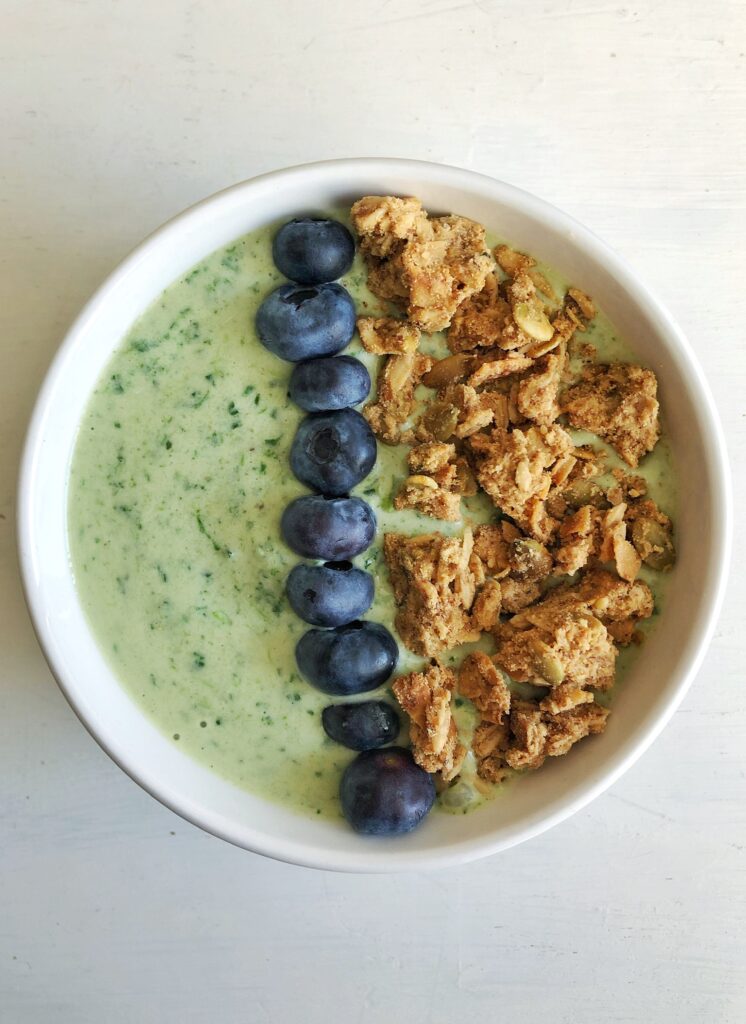SIGN Me up
Sent straight to your inbox every Sunday!
Weekly Meal Plans
to make your life easier
type below and hit enter
SALADS
APPETIZERS AND SIDES
BREAKFASt
Browse by topic
A female empowering non-diet dietitian supporting women who want to create a healthier relationship with food.
Hi I'm Ashlen!
MAINS
SOUPS AND STEWS
DIPS, DRESSINGS & MARINADEs
Search the blog
BEVERAGES
SNACKS & DESSERTS
How to Choose the Best Protein Powder for You: Part 2!
September 18, 2020
We are continuing on from Part 1 of this blog series, to bring you some practical tips when you are choosing a protein powder that is best suited to your needs. Let’s get back to it!

Plant- or animal-based
Animal-based proteins include milk-based (whey and casein), collagen, egg white, bone broth.
The most popular and well-researched products are whey and casein. They are the proteins found in milk and are known to be well-absorbed and of high quality. However, if you are allergic to dairy or find that you get an upset stomach after consuming a whey or casein protein powder, it may be time to try a product that is plant-based instead.
It is important to note that collagen and bone broth are not complete proteins and should not be used in place of a whey, casein or blended plant-based protein powder.
Plant-based proteins include soy, hemp, rice, pea and blends.
As mentioned before, plant-based proteins are not a complete protein, however in combination (as found in a blend), they can be. Hemp protein comes from hemp seeds and provides fibre and a source of omega-3 fatty acids, while pea and rice proteins tend to be lower in price and good options for individuals with varying allergies.
Third-Party Tested
Supplements aren’t regulated the same way that food products are, which leaves a lot of wiggle room for production and manufacturing companies. This means that what is labeled on the packaging may not actually be what’s found in the product. UNLESS, you choose a third-party tested supplement. This testing ensures there is transparency about the quality and safety of supplements and confirms what is listed on the packaging is true. Some examples of these reliable organizations include NSF and Informed Choice. Take a look next time you are shopping for a protein powder and see if one of these logos is on the package.

Taste/Sweetness
If you are sensitive or have experienced digestive issues due to artificial sweeteners or sugar alcohols, be sure to keep an eye out for them in the ingredient list. Even if it says “no artificial sugar” on the label, it can still contain these ingredients as that statement is not regulated (see photo below). Examples of these sweeteners include sucralose, stevia, sorbitol and erythritol. They contain zero calories and do not contribute any grams of sugar to the product. Keep in mind that sugar alcohols act like dietary fibre in the body, so it is possible to experience bloating and/or discomfort after consuming them.

Although they are not considered “added sugar” these ingredients can still be intensely sweet! If instead, you would prefer a milder product, opt for an unflavoured powder, purchase a product with fewer ingredients and sweeteners or even consider using less of the product in your smoothie or shake.
Texture
Through researching for this blog post, I learned a few things about protein powder ingredients and texture. Did you know that oil is often added to make the product smoother in consistency? Interesting!
Plant-based protein powders tend to be a bit grainier and chalkier in texture, so if this bothers you try blending it up with smooth fruits (ex. Banana or avocado) in a high-speed blender. Some products also include thickening agents and emulsifiers (ex. guar gum, carrageenan and lecithins), which are ingredients that contribute to smoother texture. These are considered safe for consumption but remember to keep an eye on how long that ingredient list is!
In summary, when choosing a protein powder, consider your:
- purpose or need for a supplement
- digestibility of the type of protein in the product
- preference for animal- or plant-based protein and if the plant-based product contains a blend of plant proteins (ex. soy and brown rice protein)
- if it has been third-party tested (ex. NSF or Informed Choice)
- the level of sweetness and if it contains artificial sweeteners or sugar alcohols
- and any other added ingredients!
This article should not be used as specific medical or nutrition advice. Please consult your physician or registered dietitian for individual recommendations that are tailored to you.

Photo from Garden of Life: https://www.gardenoflife.com/content/product/why-choose-raw-protein/
https://examine.com/supplements/whey-protein/research/#production-variants-of-whey\_whey-hydrolysate
https://www.nrcresearchpress.com/doi/pdf/10.1139/apnm-2020-0192
https://www.precisionnutrition.com/how-to-choose-protein-powder#differencesbetweenprotein
https://health.clevelandclinic.org/7-tips-choosing-best-protein-powder/
Leave a Reply Cancel reply
One-on-one consults
All Foods Fit
weekly meal plans
Bachelor in Applied Sciences, Professional Masters Diploma in Dietetics, Diploma in Sports Nutrition from the International Olympic Committee
... Read my full story
Hey, I’m Ashlen!
Credentials
© 2024 Ashlen Leonard. all rights reserved. | privacy policy + Terms | site by sugar studios + Customized by Amanda Mays
Food for a happy and healthy life